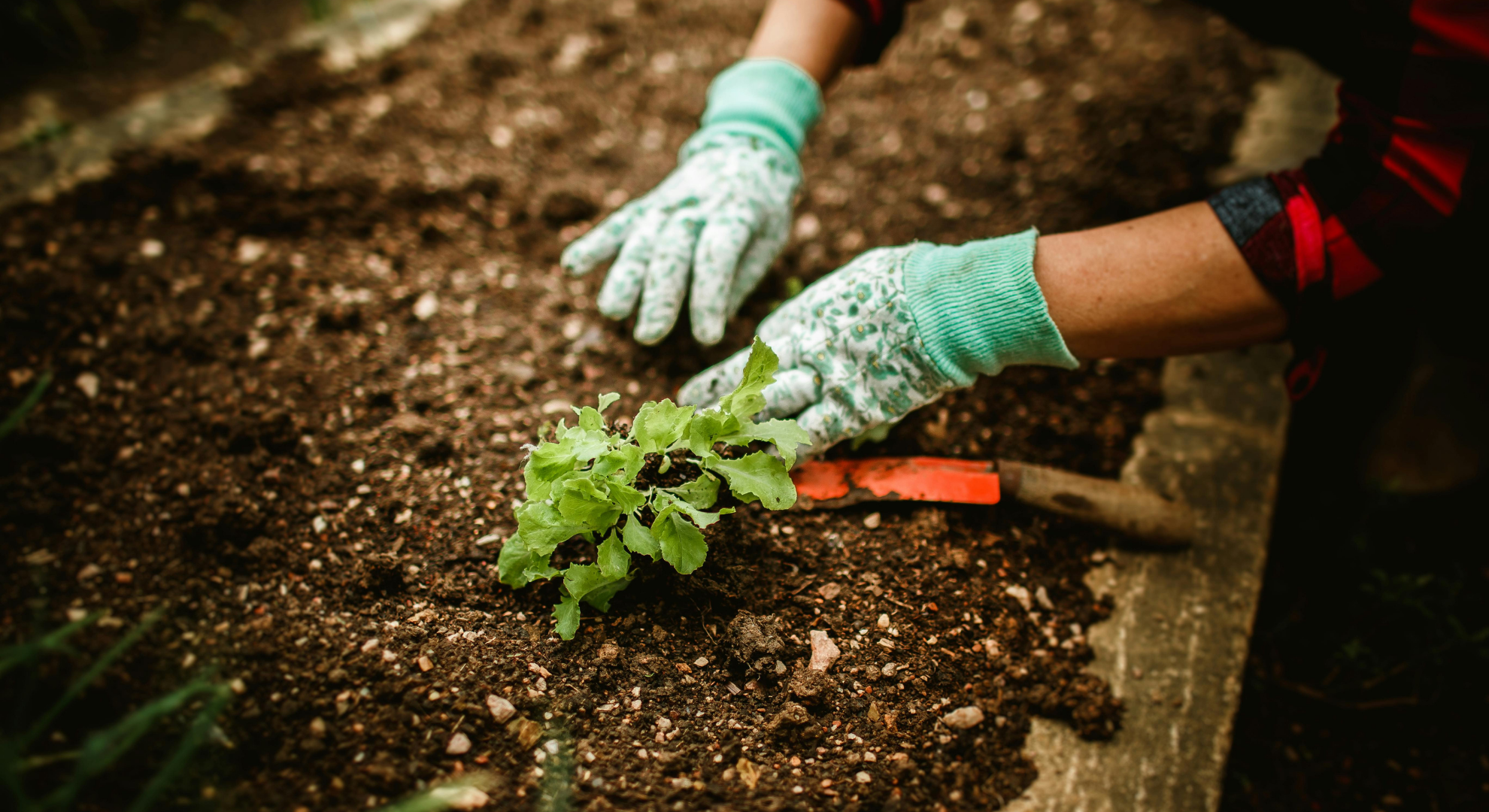They arrive quietly at night, leaving nothing but half-eaten fruit, stripped vegetable beds, and claw marks in the morning. Across New Zealand, possums are more than just a nuisance — they can decimate gardens in a single evening.
But some Kiwi gardeners swear by a surprisingly simple method to keep them at bay, and it doesn’t involve expensive traps or harmful chemicals.
A pest that’s more than a problem
Since their introduction in the 1800s, possums have become one of New Zealand’s most destructive introduced species. They feed on everything from tender seedlings to fruit trees, and they’ve been known to raid compost bins and bird feeders too.
In rural areas, their numbers can be overwhelming. But even city gardeners find themselves battling these night-time raiders.
“I used to lose entire rows of lettuce overnight,” says Christchurch gardener Helen Parker. “I tried netting, sprays, even motion lights — nothing worked for long.”
The unexpected solution
Helen eventually found success with something she had almost overlooked: a simple mixture of garlic and water sprayed on plants.
Here’s how many gardeners use it:
- Crush several cloves of fresh garlic and mix them into a litre of water.
- Let the mixture sit for at least 12 hours to intensify the smell.
- Strain and pour into a spray bottle.
- Lightly mist plants in the evening, focusing on new shoots and leaves.
The strong scent is unpleasant to possums, and because it’s natural, it doesn’t harm the plants or soil.
Why it works
Possums rely heavily on smell when choosing what to eat. Strong, pungent odours like garlic can mask the scent of tender greens and fruit, making them far less appealing.
Some gardeners add a drop of dish soap to help the spray stick to leaves, especially after rain. Others rotate garlic with chilli or peppermint sprays to prevent possums from getting used to one scent.
More tricks from seasoned gardeners
While garlic spray is a favourite, many experienced growers use a combination of approaches to protect their plants:
- Motion-activated sprinklers — startle possums with a quick burst of water.
- High fencing — at least 1.5 metres tall and with a curved top to make climbing harder.
- Scent deterrents — such as mothballs in mesh bags hung near vulnerable plants.
- Reflective objects — CDs, mirrors, or shiny tape that move in the wind can scare off cautious possums.
“The key is variety,” says Tony Roberts, who runs a small orchard near Nelson. “Possums are clever. Change your methods now and then, and you’ll stay one step ahead.”
A low-cost, low-impact fix
One reason garlic spray has caught on is that it’s cheap and easy to make. Many gardeners already have the ingredients at home, and it avoids the risks of poisons that could harm pets, birds, or beneficial insects.
It’s not a guaranteed solution — especially in areas with high possum numbers — but when combined with other deterrents, it can make a real difference.
A growing problem
While home gardeners are focused on saving their crops, conservationists warn that possums are also a serious threat to native bush. They strip leaves from trees like kōtukutuku and rata, and they can prey on bird eggs.
This means that every possum discouraged from entering a garden is also one less threat to surrounding wildlife.
Worth a try tonight
If possums have been visiting your garden, it might be worth brewing up a garlic spray this evening. Even if it doesn’t solve the problem entirely, it could save your lettuces, flowers, and fruit trees from another midnight raid.
“It’s simple, natural, and it worked for me when nothing else did,” Helen says. “I wish I’d tried it sooner.”
